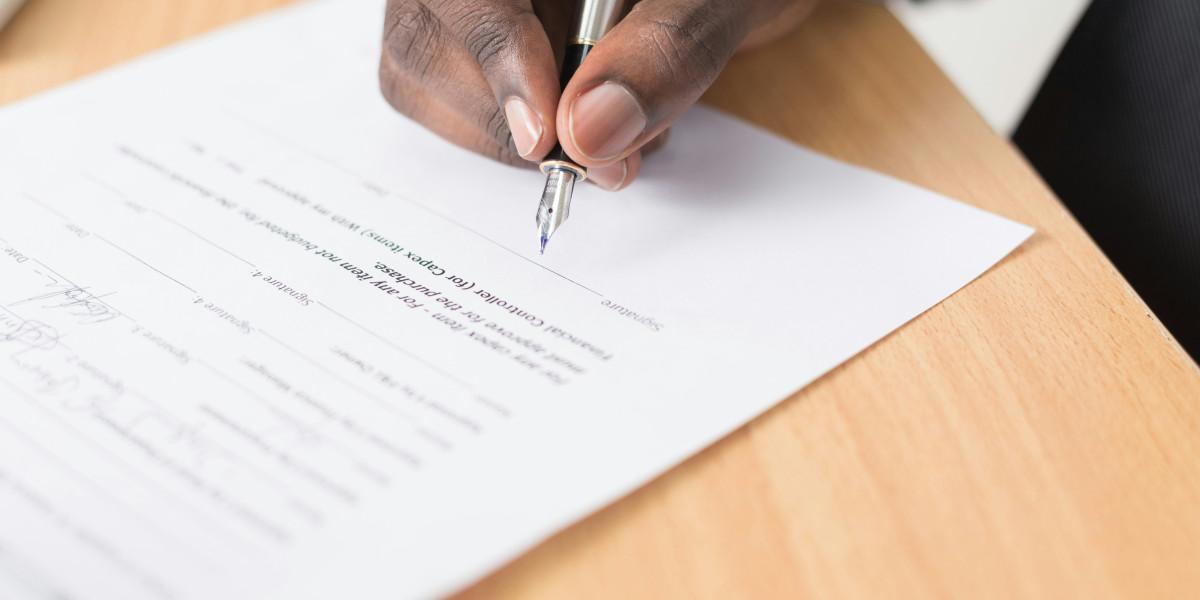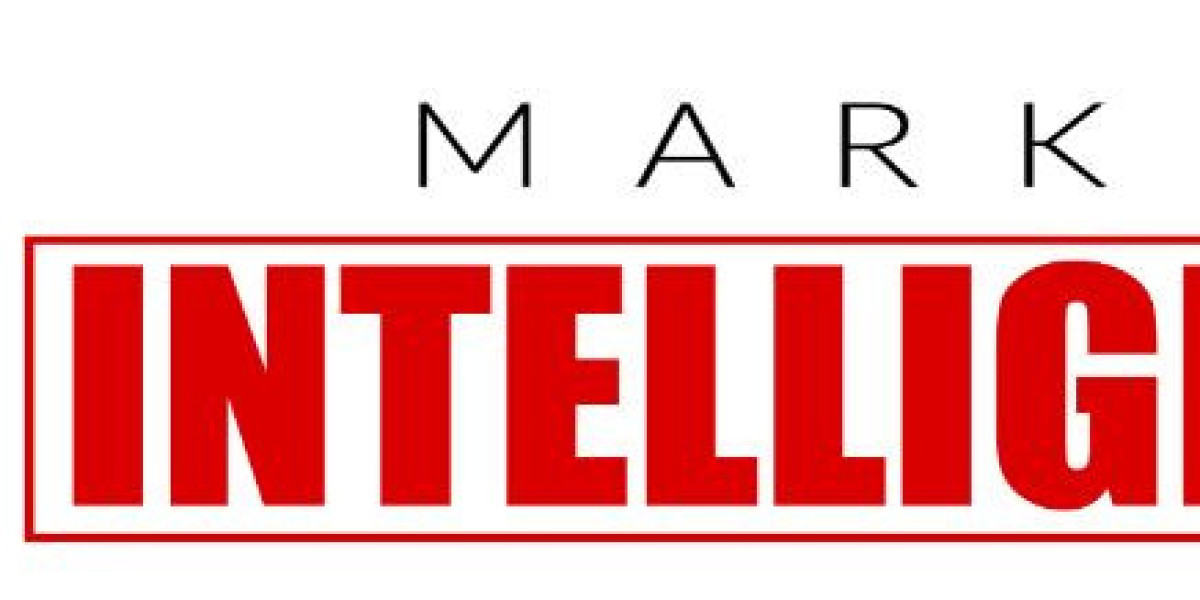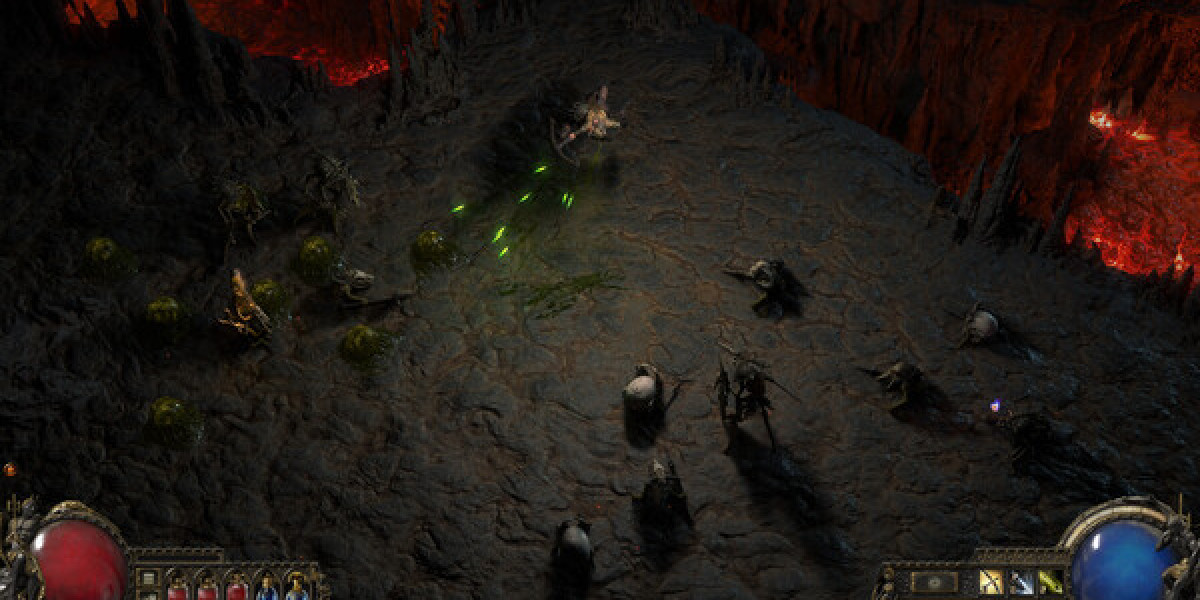The adoption process is a rewarding journey but involves a series of legal steps, documents, and verifications. Notarization is a critical part of this process, ensuring that all required paperwork is legally binding, authentic, and properly verified. In Los Angeles, notaries play a crucial role in assisting with adoption paperwork, helping to streamline the process and ensure compliance with state and international regulations. Here’s how notaries can help prospective parents navigate the paperwork required for adoption.
Why Notarization is Essential in Adoption Paperwork
Adoption paperwork is highly sensitive and must be handled accurately to avoid delays or legal issues. Notarization verifies the identities of the signers, confirms their willingness to sign, and ensures that signatures are authentic. For adoption paperwork, notarization adds a layer of security, validating the legitimacy of documents such as consent forms, background checks, and affidavits.
In cases of domestic or international adoption, notary services are often required to meet the legal requirements set by adoption agencies, courts, and foreign governments. By using a notary, adoptive parents can avoid document rejections and the risk of lengthy delays in the adoption process.
Common Documents in Adoption That Require Notarization
While the exact requirements can vary depending on whether the adoption is domestic or international, here are some common documents that often require notarization:
- Consent to Adoption Forms: In cases where the biological parent or guardian is voluntarily placing a child for adoption, consent to adoption forms must be signed and notarized.
- Home Study Reports: Adoption agencies conduct home studies to evaluate the suitability of adoptive parents. These reports, which may include interviews and background checks, often require notarized signatures from social workers.
- Financial Statements and Employment Verifications: Adoptive parents are usually required to demonstrate financial stability. Notarized financial statements and employment verification letters provide proof of stable income and employment.
- Medical Statements: Prospective parents may need to submit notarized medical statements certifying that they are in good health and capable of providing care.
- Background Checks and Criminal Clearances: Many agencies require notarized background checks to verify that prospective parents have no criminal history that would impede the adoption process.
- Affidavits of Eligibility and Good Moral Character: Some agencies require adoptive parents to submit affidavits verifying their eligibility and good moral character. Notarization confirms the authenticity of these declarations.
- Power of Attorney Forms: In cases where a lawyer or agency representative needs to act on behalf of adoptive parents, a notarized power of attorney grants the necessary legal authority.
The Role of Notaries in Domestic vs. International Adoption
The role of a notary may differ depending on whether the adoption is domestic or international:
Domestic Adoption: In the U.S., notaries ensure that all state-specific adoption forms are signed correctly and that each document is legally authenticated. California has specific adoption requirements, and notaries in Los Angeles are familiar with the state’s unique guidelines to make sure each document complies with California law.
International Adoption: International adoption requires even more extensive documentation, as foreign governments often have additional requirements. Notarization is typically needed for documents like birth certificates, medical records, and home studies. For some countries, notarized documents must go through an apostille process to be legally recognized abroad. Notaries can assist by notarizing the required documents before they are submitted for apostille certification.
Benefits of Using a Notary for Adoption Paperwork in Los Angeles
Working with a notary offers several benefits that can simplify the adoption process:
Prevents Delays and Reduces Errors: Notaries are trained to spot common mistakes in paperwork and ensure that documents are correctly filled out. This reduces the risk of document rejections, saving time and preventing delays in the adoption process.
Mobile Notary Convenience: Many notaries in Los Angeles offer mobile services, making it easier for adoptive parents to get their paperwork notarized without traveling. Mobile notaries can meet clients at their homes, adoption agencies, or other convenient locations, offering flexibility for families with busy schedules.
Increases Document Security and Authenticity: Adoption documents must be secure and legally binding. Notarization adds a layer of security by verifying identities, confirming willingness to sign, and applying a seal that prevents document tampering. This is especially important in international adoptions, where the legitimacy of documents is closely scrutinized.
Fulfills Legal Requirements: Adoption agencies and courts require notarized documents to ensure compliance with state and international laws. By using a licensed notary, adoptive parents can feel confident that their documents meet these legal standards.
Provides Peace of Mind: Adoption is an emotional process, and the added complexity of paperwork can be overwhelming. Knowing that each document is properly notarized provides peace of mind for prospective parents, helping them focus on other aspects of the adoption journey.
How to Find a Reliable Notary for Adoption in Los Angeles
Finding a reliable notary who understands the intricacies of adoption paperwork is essential. Here are some tips:
- Ask for Referrals from Adoption Agencies: Many adoption agencies work regularly with notaries and can recommend professionals experienced in adoption paperwork.
- Check Online Directories and Reviews: Use directories and read reviews on platforms like Google or Yelp to find notaries with positive feedback in handling adoption documents.
- Verify Certification and Insurance: Ensure that your notary is licensed by the state of California and carries any necessary insurance or bonding for added protection.
- Look for Mobile Notary Options: Mobile notaries in Los Angeles can save you time by meeting at convenient locations and accommodating your schedule.
Steps to Prepare for Your Notary Appointment
To ensure a smooth notary appointment, take the following steps when preparing your adoption documents:
- Organize All Necessary Documents: Have each document that requires notarization ready and filled out (but do not sign anything until in front of the notary).
- Bring Valid Identification: Each signer must present a valid, government-issued ID, such as a driver’s license or passport, to confirm their identity.
- Confirm Witness Requirements: Some adoption documents may require witnesses in addition to notarization. Check with your adoption agency or legal representative to confirm.
- Double-Check for Accuracy: Review each document to ensure that names, dates, and other details are correct to avoid needing re-notarization.
- Plan for Payment: Notary fees can vary, especially for mobile services, so confirm pricing in advance and bring payment to the appointment.
Conclusion
Notaries play an essential role in the adoption process, ensuring that all necessary documents are legally valid, secure, and ready for submission. In Los Angeles, where the adoption process often involves complex legal and procedural steps, having a reliable notary can simplify and expedite the journey to adoption. Whether for domestic or international adoption, notaries provide invaluable support by preventing errors, reducing delays, and offering peace of mind to adoptive parents. By working with an experienced notary, prospective parents can focus on what truly matters—welcoming a new member into their family.








